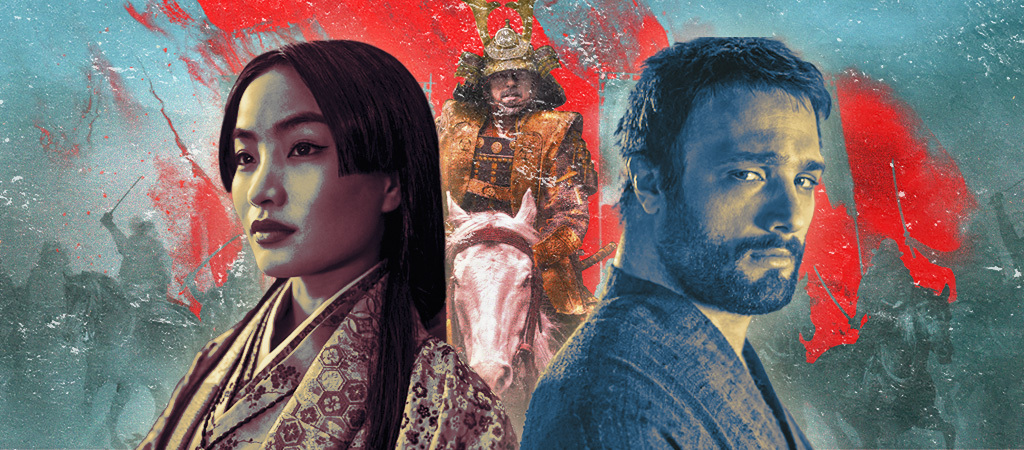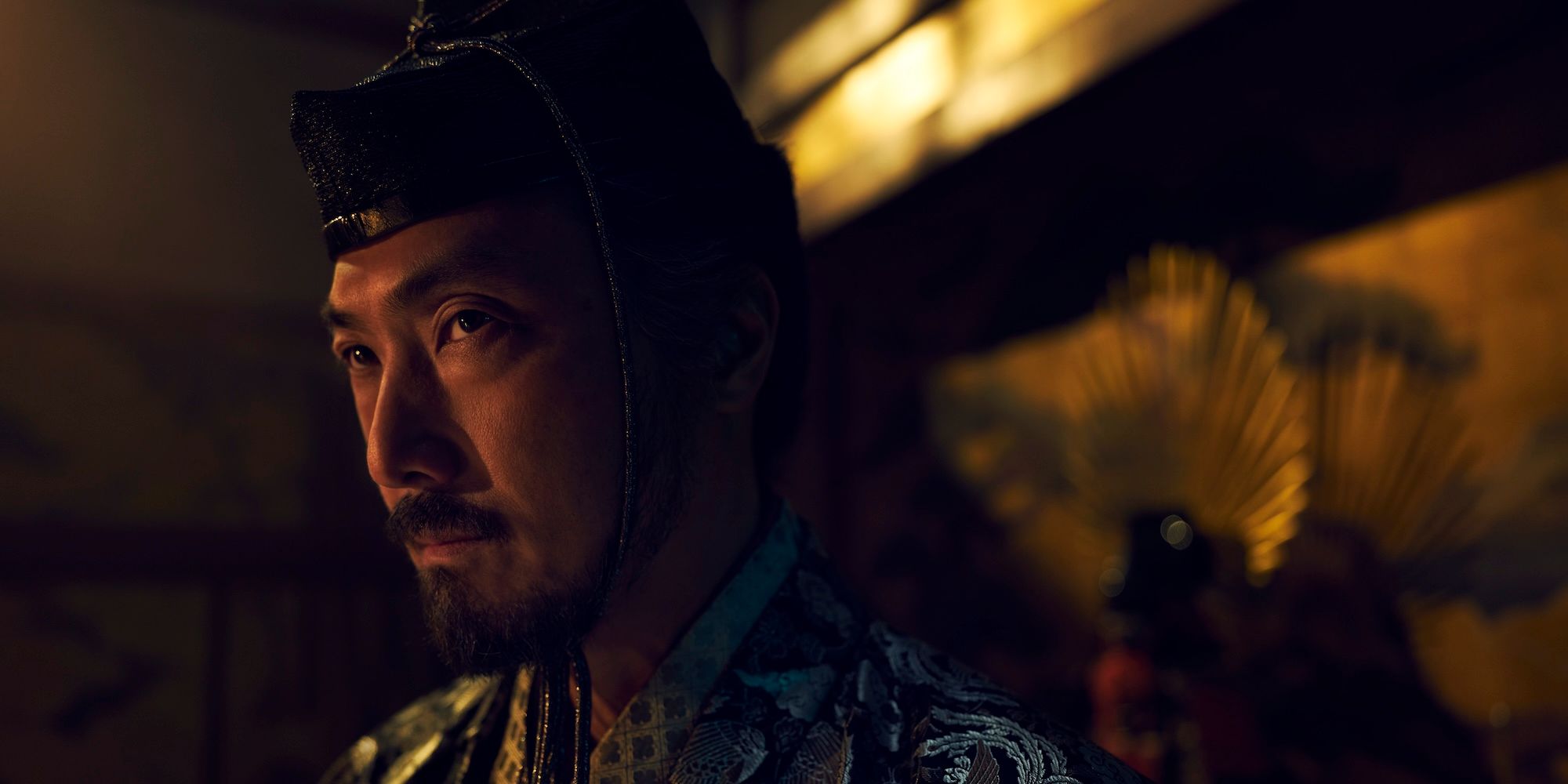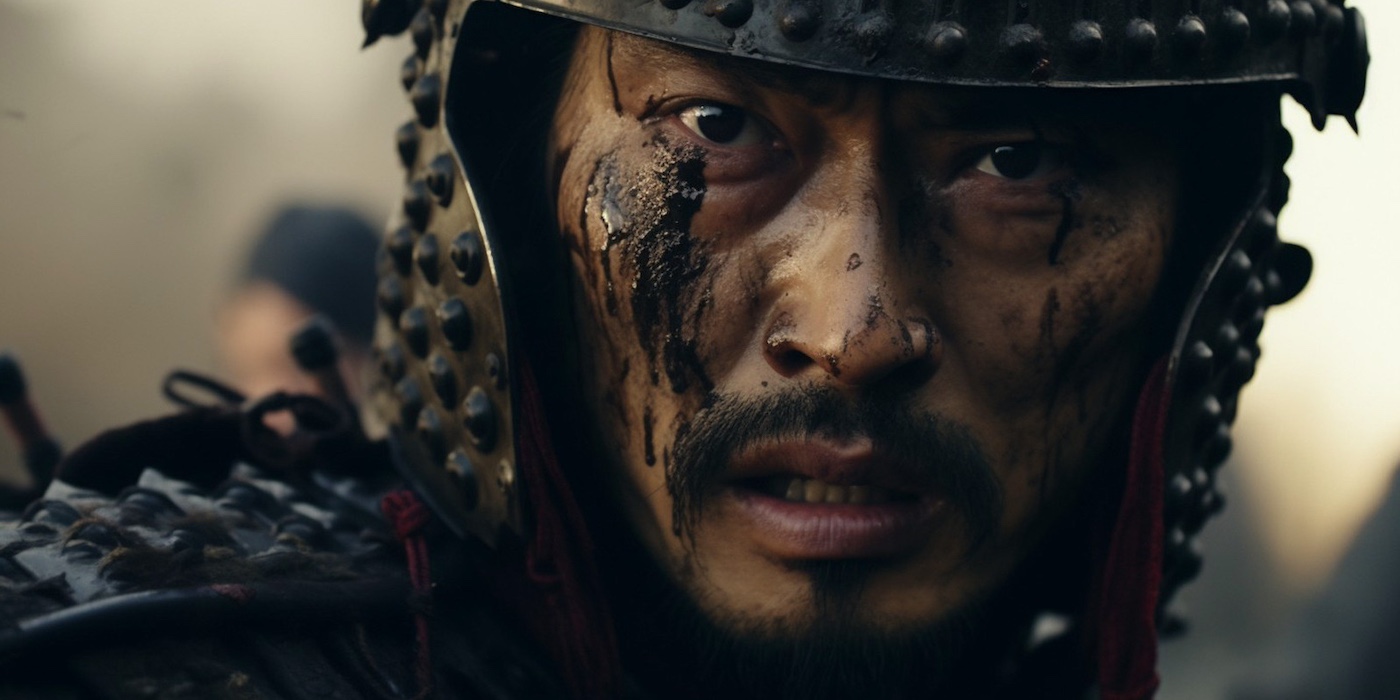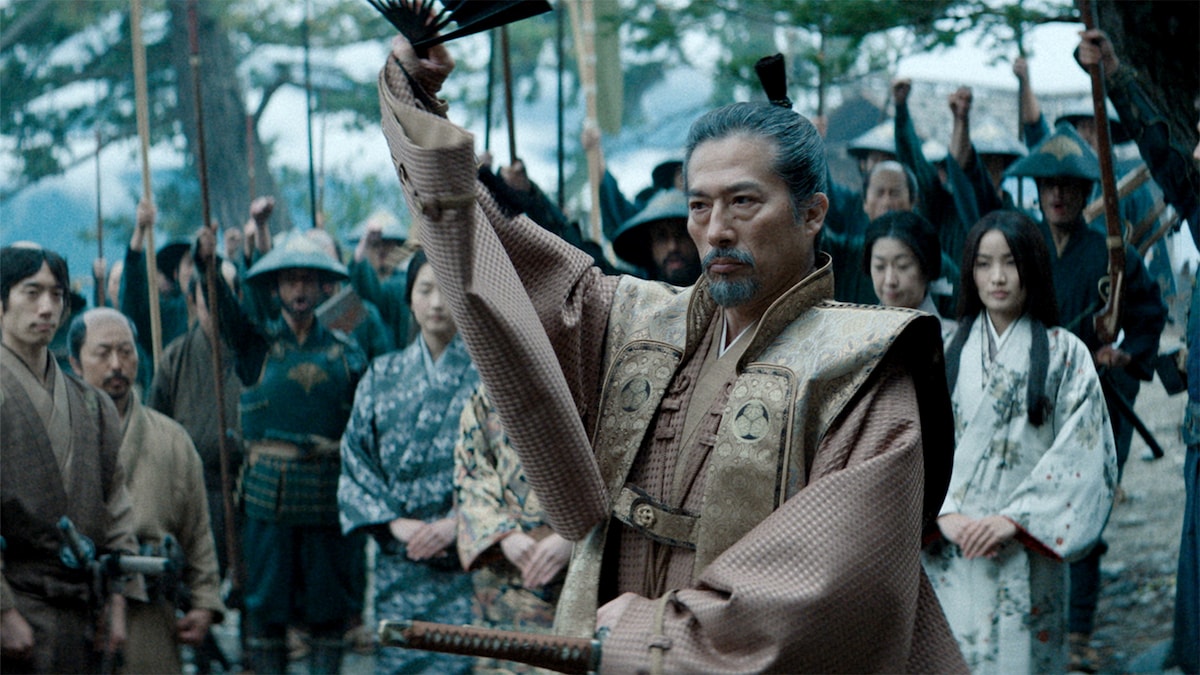“Step into the Rich Tapestry of History: FX’s ‘Shogun’ Limited Series Unleashes a Spellbinding Saga of Political Intrigue!”

There have been a few shows trying to be the “next Game of Thrones,” including HBO’s own prequel series about the fall of House Targaryen. What joins together numerous of these would-be successors is that they’re works of fantasy: If Thrones demonstrated that audiences had an craving for a series including dragons and ice zombies, the thinking goes, watchers will starvation for something comparable.
But whereas the fantasy components were an basic ingredient for Thrones, the mystery sauce was something a bit more grounded: the high-stakes politicking. HBO might’ve went through an ungodly amount of cash to bring Westeros to life, but to rewrite Tyrion Lannister, the show never felt more guaranteed than when it boiled down to extraordinary conversations in elegant rooms. (A passive-aggressive argument between Varys and Littlefinger truly felt more charged than a few of Thrones’ fight scenes.) Throw within the carefully detailed history of Westeros, and Thrones was one of the foremost immersive experiences the medium has ever seen.
The tv scene has evolved quite a bit since Thrones was at the height of its notoriety: The convergence of streaming administrations means that consumers’ viewing habits are progressively broken, whereas Crest TV is at last beginning to level after years of excessive investing. In essence, the conditions aren’t right for any show to become the “next Game of Thrones,” no matter how compelling a program may be. But if any series deserves to cut through the noise, the modern FX limited series Shogun may be a worthy contender for the crown:
a sweeping historical epic oozing with political interest.

Based on James Clavell’s top rated novel of the same title, which was already adapted into a miniseries for NBC in 1980, Shogun is set in 17th-century Japan with the country on the precipice of a civil war. It’s been a year since the taiko, the supreme leader of a unified Japan, died. The taiko’s beneficiary is as well youthful to lay claim to the throne, so a five-person Council of Officials has been established in his place.
While each part of the board has their own agenda—two of the men have changed over to Catholicism after the Portuguese built up trade with the island nation—the most enigmatic of the bunch is Master Yoshii Toranaga (Hiroyuki Sanada), a famous warrior who hails from a dynastic family. The other individuals of the board have joined together against Toranaga, dreading he plans to bless himself shogun and rule Japan in a de facto military dictatorship.
Driven by the scheming Master Ishido Kazunari (Takehiro Hira), the committee is preparing a vote to question Toranaga, which would double as a death sentence. But when a battered Dutch vessel arrives on the shores of Japan, guided by the English mariner John Blackthorne (Cosmo Jarvis), Toranaga sees an opportunity.
As a Protestant, Blackthorne is an enemy of the Portuguese-allied individuals of the board and might be a useful bargaining chip against them. But more importantly, Blackthorne has information of Western warfare, and his “barbarian” ship is stacked with cannons and black powder rifles: weapons that seem turn the tide in Toranaga’s favor if war were to break out.
It’s a thick setup, and one of the thrills of Shogun is attempting to keep track of the moving allegiances between the major political players. The circumstance is especially fraught because of the strict set of ceremonies and decorums unique to Japanese culture. Within the debut, for instance, one of Toranaga’s samurai talks out of turn when Ishido insults his lord—as punishment, the samurai is requested to commit seppuku and conclusion his bloodline.
In moments like this, Blackthorne is an effective audience proxy, responding in doubt as the individuals around him appear to treat life and death so callously. (Blackthorne’s culture stun is also where Shogun embraces a few levity: He can’t fathom why individuals in this country choose to bathe more than once a week. Blackthorne, I know it smells crazzy in your kimono.)
Of course, Blackthorne doesn’t speak Japanese, so Toranaga enrolls Toda Mariko (Anna Sawai), a noblewoman from a disrespected family, to serve as Blackthorne’s translator. (As a changed over Catholic, Mariko talks Portuguese, which is how she and Blackthorne communicate, although all of their dialogue in the series is in English.)
With time, Mariko and Blackthorne bond over the odd circumstances in which they discover themselves: two pawns in a tense political chess game in which one untrue move could lead to an all-out war that tears Japan separated.

What isolates Shogun from other historical epics, in spite of the fact that, is how effectively the series works out limitation. Make no mistake, there are scenes of shocking violence where characters are quickly decapitated, disemboweled, or blown into bloody chunks of flesh by cannon fire. But for the foremost portion, Shogun focuses on the careful steps characters take to avoid walking the way of devastation, none more so than Toranaga.
In his heyday as a warrior, Toranaga’s greatest resource was letting his rival strike first: Battling was always a last plan of action or maybe than something to grasp. It’s a mentality Toranaga carries into the political field, calmly waiting for his rivals to form a play before revealing his hand.
These qualities make Shogun a subtler show than viewers might anticipate from such a luxurious production. But this approach adjusts with a Japanese saying that’s frequently cited throughout the series: “A man has a wrong heart for the world to see, another in his breast to show friends and family, and a secret heart only known to themselves.

” Fittingly, Toranaga keeps his cards so near to the chest that not even his most trusted advisers seem to know if he’s truly gunning to be shogun. That the characters internalize so much of what persuades them can, at to begin with, make Shogun a troublesome series to associate with on an enthusiastic level. But once you get on Shogun’s wavelength, there’s bounty to savor in reading between the lines and knowing how much is cleared out implied by the characters in key circumstances. (Mariko is the queen of throwing shade inside the respectful strictures of society.)
Actually, the one special case to the rule is Blackthorne, who starts the series as a obscene brute unafraid to speak his mind. In a lesser series, a character like Blackthorne would be painted as a savior: the white outsider with a new viewpoint who swoops in to save the day, à la Moves With Wolves or The Final Samurai.

But what elevates Shogun over movies of that ilk is that Blackthorne isn’t there to save anyone; if anything, Japan spares him. Afterward within the series, when Blackthorne reunites with a bellicose former shipmate drunk out of his mind on sake, he barely recognizes the man he once was. All he sees in his old comrade is the absence of honor and civility: a humbling moment for a character who grows to appreciate all that Japan should offer.
I certainly appreciate that Shogun exists in the first place. This can be the kind of large-scale event series that feels progressively uncommon at a time when systems and streamers are scaling back after years of intemperate investing. Of course, it’s moreover not shocking that FX, of all places, has taken such a big swing.

it’s a network that’s long been synonymous with prestige tv. What’s more, FX is known for miniseries that bloom into full-fledged collection shows, including Fargo, American Crime Story, and Feud. Might Shogun follow suit? The series may be a self-contained story, but Clavell finished up composing six novels that constitute his Asian Adventure: authentic fiction centered on Europeans in Asia and what happens when these two cultures intersect. (Historical sagas are having a moment, so why not enter the Clavellverse?)
In any case, Shogun more than deserves to stand on its own. The level of craftsmanship that went into the series is clear in each flawless frame, as is the commitment to foregrounding the story from a Japanese viewpoint, instead of exclusively a Westerner’s view. (The endless majority of the dialogue in Shogun is in Japanese, which shouldn’t be a problem for anybody willing to overcome the 1-inch-tall obstruction of subtitles.) All told, Shogun won’t just scratch the Game of Thrones itch: It’s the most excellent new series of the year, a ruminative epic that, in moments enormous and little, always manages to cut deep.
Read more about: Marvel’s “Thunderbolts”: Florence Pugh and Sebastian Stan in Leading role?
